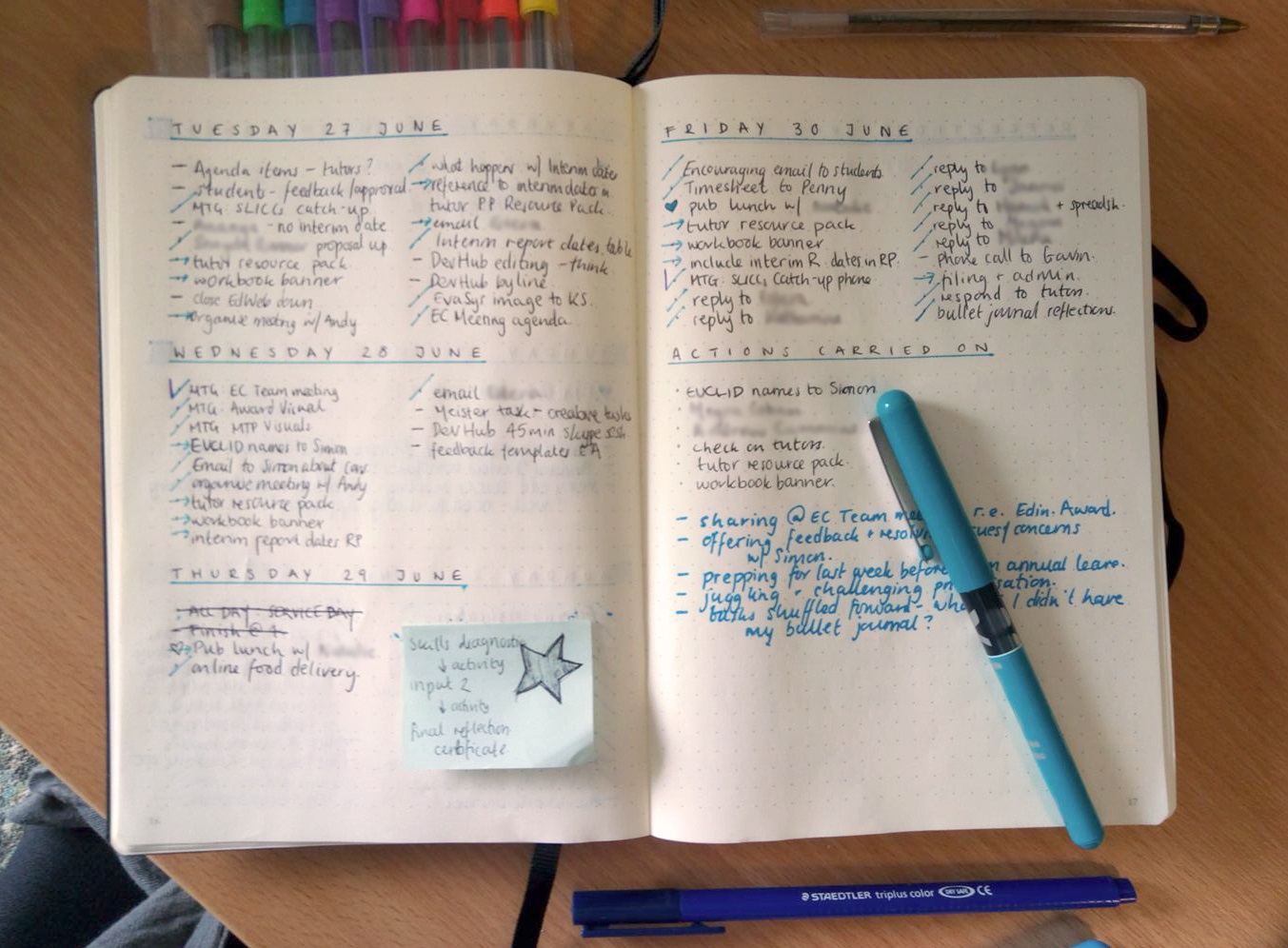Ruairidh (now 6th year Architecture) used the Edinburgh Award to improve his action planning.
If you have an opportunity lined up for the summer, or are thinking about looking for one, I would strongly advise you to look into the Edinburgh Award. Designed to run alongside your experience, the Award helps you to capture the learning you, personally, will gain as a result of your experience; learning may not have been a priority without it. Making yourself more aware of these learning gains, and how to communicate them, is essential preparation for navigating the world beyond university. 
As part of my Award, I had to write myself an action plan – a reflection on the skills I had chosen to develop, and most importantly, how I should go about developing them. This ended up being the most involved part of the process for me. I tried to be as thorough as possible, thinking of all the different ways I could best utilise my time working in the office to recognise opportunities to improve my learning. Yet what made this part even more useful and therefore challenging was having to recognise what was realistically achievable. I have a tendency to set myself unrealistic goals, and the only thing this does is pave the way for unnecessary stress and disappointment when I’m not meeting those goals. As students, we put ourselves under a great deal of pressure because it’s hard to ignore all the media surrounding just how difficult it is to thrive in the competitive world beyond university. And while it is competitive, it’s important to remember that we all have limits and we need to recognise the areas where we can push ourselves, but equally where we need to stop, reflect and try a different approach.
My action plan asked me to negotiate this balance – to put my desired development in context, against the time-frame of my experience; the resources of my work environment; and the people who were willing to listen and help me. In this way, not only did I feel that I earned the development I set out to achieve, but I felt even more satisfied that this came about as a result of a rational, healthy conversation with myself.
If you are interested in undertaking an Edinburgh Award, my advice would be to try setting your action plans when you start and taking that extra time to flesh them out. It’ll save you time in the long-run because you’ll be able to directly respond to how you’re meeting your objectives in your reflective submissions, and it’ll also get you into the habit of having these critical discussions with yourself. You’ll be able to listen to things that really matter to you, that will genuinely help you succeed and muffle the stress caused by unrealistic expectations.
The Edinburgh Award helps you to install a framework by which you can have these self-discussions, and that is an invaluable practice to undertake beyond university.


How do I also use this to improve myself